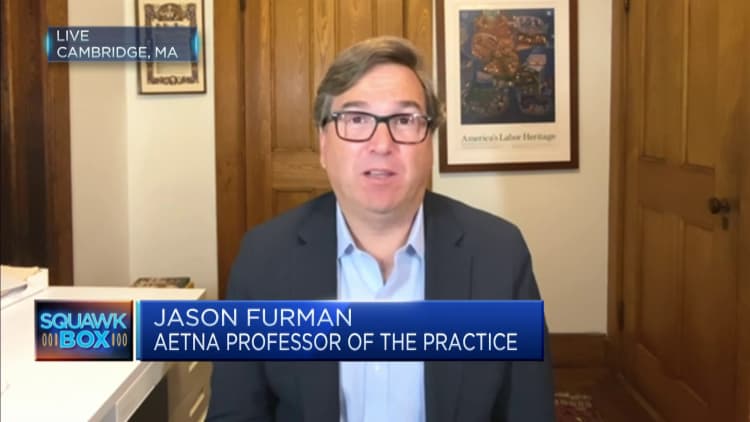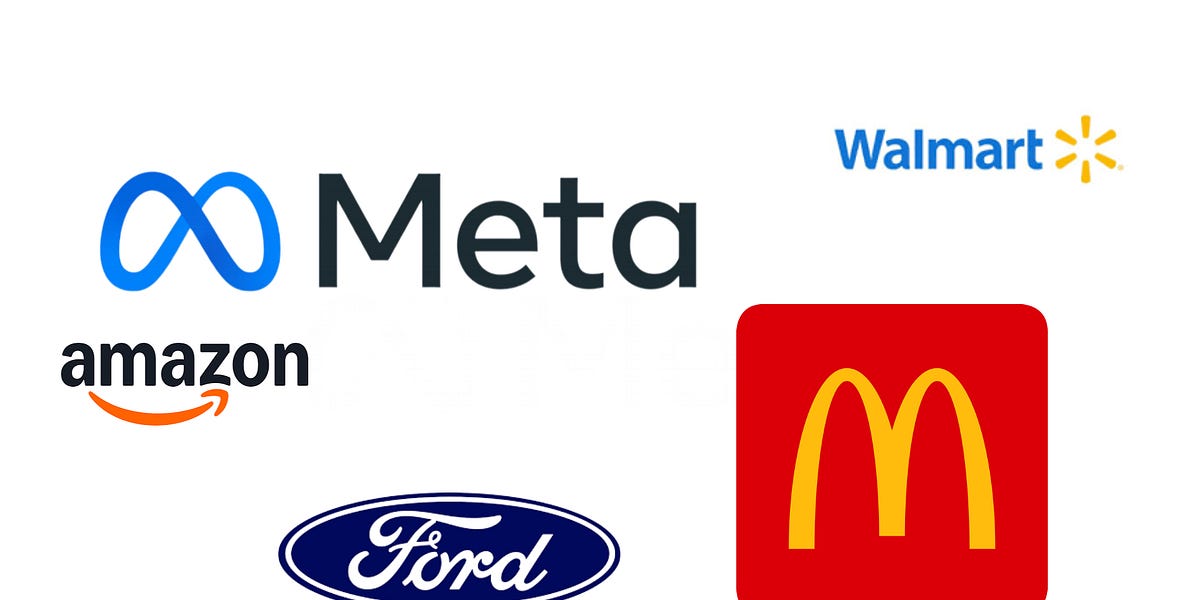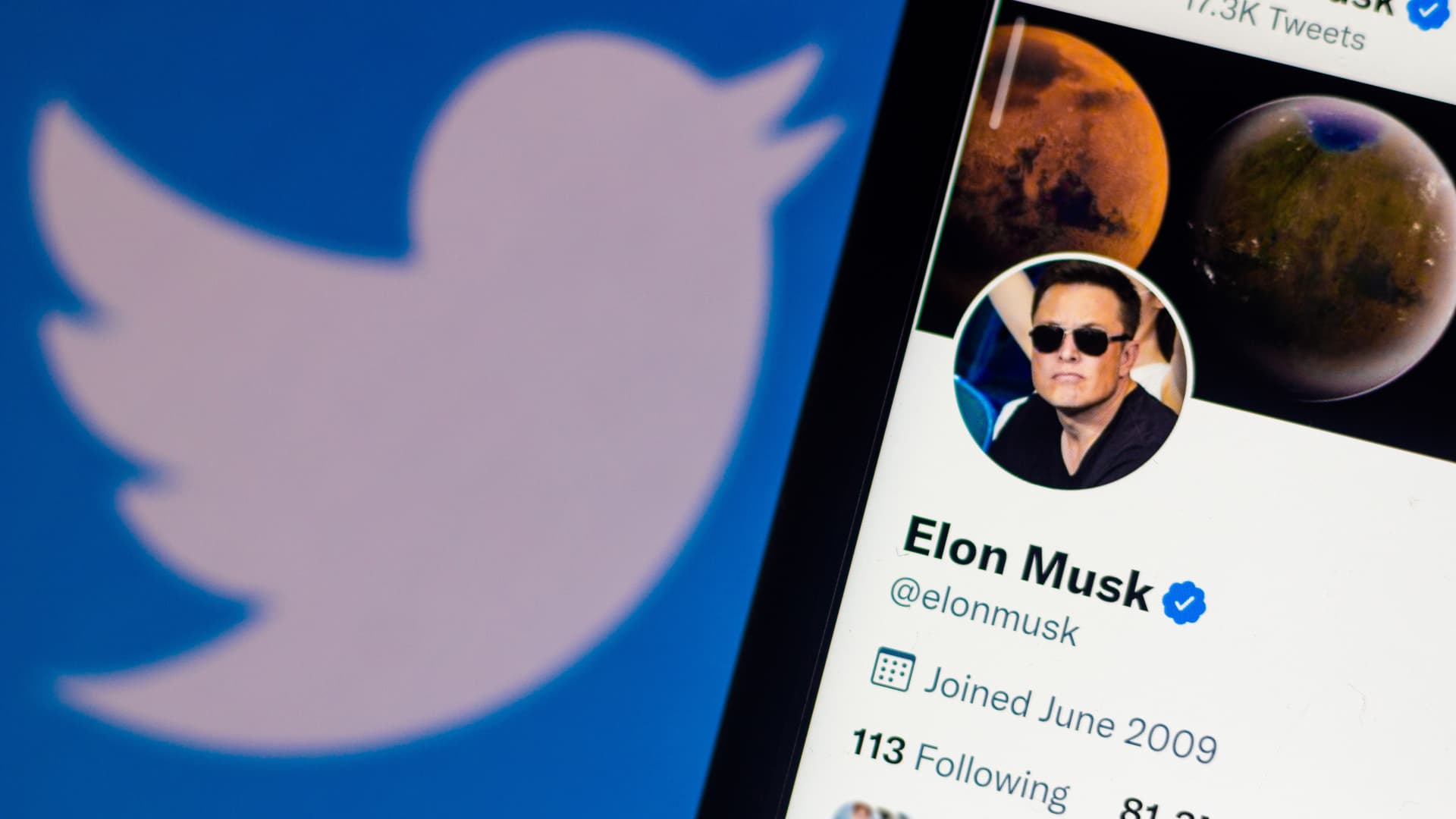More than half of respondents in China said that due to the possibility of a recession, they’ve gone out less for food and entertainment, an Oliver Wyman survey found.
Noel Celis | Afp | Getty Images
BEIJING — Chinese people say they’re increasingly feeling the pinch of rising prices, although official data show inflation running at a far lower pace than in the U.S. and other countries.
That’s according to surveys conducted by consulting firm Oliver Wyman and released this month.
In July, 83% of more than 900 respondents said they felt the impact of inflation, up from 69% in November 2021, the report said.
China’s consumer price index hit a two-year high in July with a 2.7% increase year-on-year, due primarily to a rebound in pork prices. The index moderated in August to show a 2.5% year-on-year rise.
That’s well below the U.S., which overnight reported a 8.3% year-on-year increase in consumer prices in August. Rising food and shelter costs offset a decline in gas prices.
For comparison, Oliver Wyman’s survey of more than 1,200 Americans in July found 92% said they felt the impact of inflation on everyday life, up from 79% in November.

That still shows a greater impact of inflation in the U.S. than in China, although the share of affected respondents jumped by 1 percentage point more in China than in the U.S.
It’s important to remember the surveys measure sentiment and aren’t necessarily a proxy for the consumer price index, said Ben Simpfendorfer, Hong Kong-based partner at Oliver Wyman. He cautioned that responses in China were likely influenced not just by actual price increases but also the overall slower growth environment.
“It would take a smaller increase in prices to raise concerns among households if the growth backdrop is weaker,” he said.
More than half of respondents in China said that due to the possibility of a recession, they’ve gone out less for food and entertainment, as well as switched to cheaper brands and services when possible.
Worries about jobs, rent
Concerns about an economic slowdown have risen around the world. Although the International Monetary Fund in July said it still expects China to be one of the faster-growing large economies in the world this year, the country’s gross domestic product is on track to slow sharply from last year.
Nearly one-third of respondents in China said they were worried about their job security due to inflation, versus 13% in the U.S., the Oliver Wyman survey found. The study primarily covered people living in China’s largest cities, the firm said.
About 20% of survey respondents were concerned about inflation’s impact on their ability to pay rent or mortgage, while roughly 40% were worried about their ability to pay for groceries and essential goods.
Unemployment among China’s young people age 16 to 24 has surged to nearly 20%, while that of working adults in cities is about 5.4%, according to an official survey for July.
Delaying some purchases
Chinese consumers said they felt that gas prices had the most notable increase in the year through July, followed by appliances and home renovations, the Oliver Wyman survey found.
When asked what purchase they might delay as a result of inflationary pressures, respondents mentioned automobiles the most, followed by leisure travel, the report said.
Potential purchase delays add to China’s ongoing lackluster consumer demand.
China’s “zero-Covid policy is a major deflationary force, which supports production but saps demand,” Macquarie’s chief China economist Larry Hu said in a Sept. 9 report. Property troubles are “another major deflationary force,” he said.
Hu pointed out that excluding food and energy, China’s consumer price index only rose by 0.8% in August. “The message is pretty clear to China’s policymakers: deflation, not inflation, is the main risk faced by China at this stage.”
Chinese respondents to Oliver Wyman’s survey were relatively optimistic that the economy would improve.
More than half said they expected the Chinese government would be able to resolve inflation in coming months, while 23% said they didn’t think so.
That contrasted with nearly half of U.S. respondents saying they didn’t think the government could resolve inflation in the next six to eight months, the report said.
— CNBC’s Jeff Cox contributed to this report.























































![5 Ways to Improve Your LinkedIn Marketing Efforts in 2025 [Infographic] 5 Ways to Improve Your LinkedIn Marketing Efforts in 2025 [Infographic]](https://imgproxy.divecdn.com/Hv-m77iIkXSAtB3IEwA3XAuouMwkZApIeDGDnLy5Yhs/g:ce/rs:fit:770:435/Z3M6Ly9kaXZlc2l0ZS1zdG9yYWdlL2RpdmVpbWFnZS9saW5rZWRpbl9zdHJhdGVneV9pbmZvMi5wbmc=.webp)
















